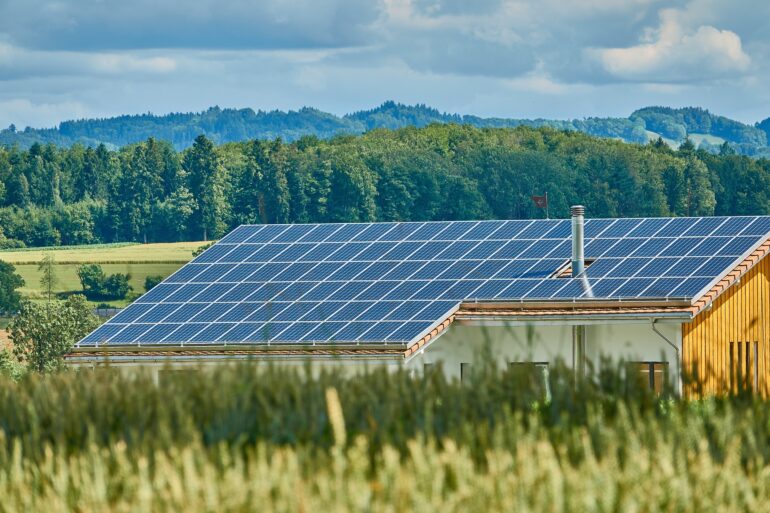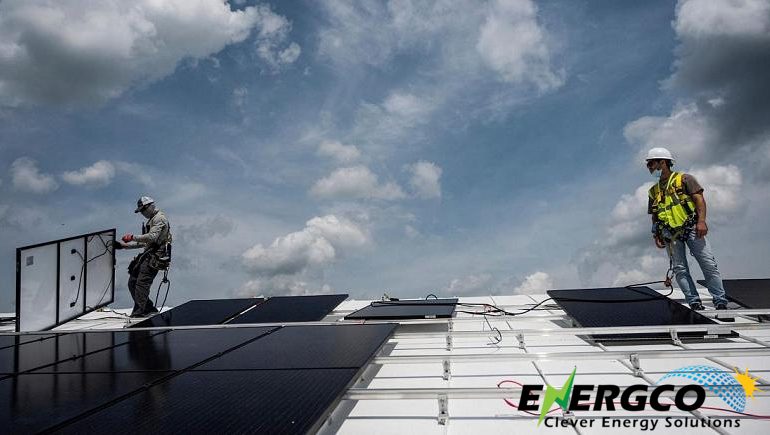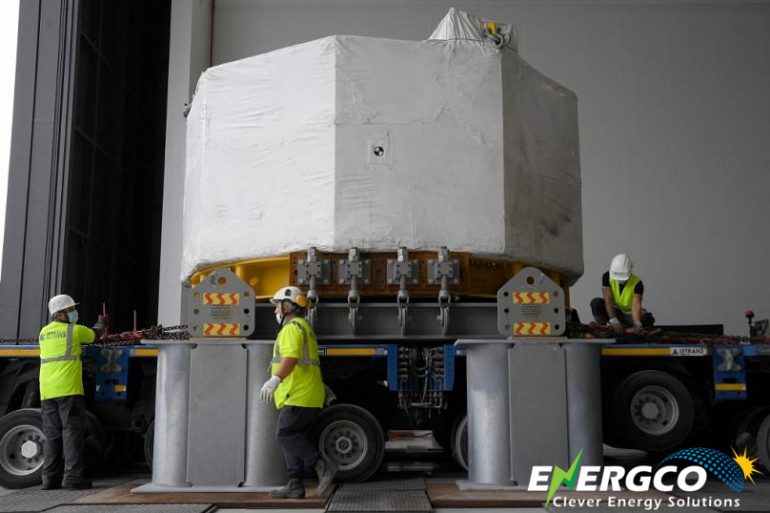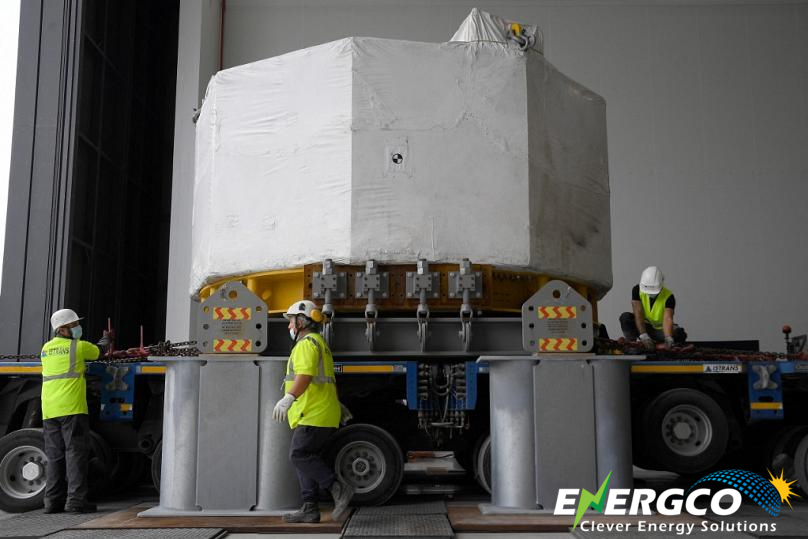In recent years, the world has witnessed an unprecedented surge in the adoption of solar energy. The solar energy boom has transformed the way we harness power and has emerged as a sustainable and efficient alternative to traditional energy sources. This article aims to shed light on why going solar is a smart choice for individuals, businesses, and communities alike. By exploring the environmental, financial, and societal benefits, we can understand the true potential of solar energy in paving the way for a greener and more sustainable future.
Environmental Benefits
The growing concern for environmental sustainability has placed solar energy in the spotlight. Harnessing solar power produces minimal greenhouse gas emissions, reducing our carbon footprint and combating climate change. By going solar, individuals and businesses can contribute to a cleaner environment, as solar energy does not release harmful pollutants into the air or water. Additionally, solar panels require very little water for maintenance, conserving this precious resource in regions prone to drought. The solar energy boom offers a sustainable solution to mitigate the environmental impact of traditional energy sources.
Financial Advantages
Beyond environmental benefits, going solar presents a compelling financial case. Solar energy systems offer long-term savings on energy bills by reducing dependence on grid-supplied electricity. As solar technology advances, the cost of installation continues to decline, making it an increasingly affordable option. Many governments and local authorities provide incentives, such as tax credits and rebates, to encourage the adoption of solar energy. Additionally, solar panels increase property values, making solar-equipped homes an attractive investment. Embracing solar energy can lead to substantial financial savings and a positive return on investment.
Energy Independence and Reliability
One of the key advantages of solar energy is the potential for energy independence. By generating electricity on-site, individuals and businesses can reduce reliance on external power grids and volatile energy prices. This stability is particularly advantageous in remote areas or during natural disasters when traditional energy sources may be compromised. Solar energy systems can be coupled with energy storage solutions, such as batteries, to store excess energy for use during non-sunlight hours. This ensures a consistent and reliable power supply, even in adverse conditions, fostering energy security and peace of mind.
Job Creation and Economic Growth
The solar energy boom has not only revolutionized the energy sector but also created significant job opportunities. As solar installations increase, so does the demand for skilled workers, including engineers, technicians, and solar panel installers. This surge in employment contributes to economic growth and stimulates local economies. Furthermore, investing in solar energy infrastructure can attract businesses and industries that prioritize sustainability, fostering a green economy and positioning communities at the forefront of innovation and progress.
Sustainable Development and Community Empowerment
Solar energy has the potential to empower communities, particularly those in developing regions. By harnessing the sun’s power, off-grid communities gain access to a reliable and sustainable energy source, improving their quality of life, education, and healthcare services. Solar-powered microgrids can foster economic development by enabling local businesses to thrive and reducing the reliance on costly and environmentally damaging diesel generators. The solar energy boom promotes equitable and inclusive development, empowering communities to take charge of their energy future.
Conclusion
The solar energy boom is transforming the way we think about energy generation and consumption. Going solar is a smart choice that offers numerous benefits, from mitigating climate change and reducing environmental impact to providing financial savings and energy independence. Embracing solar energy not only drives sustainable development but also fosters job creation, economic growth, and community empowerment. As we harness the power of the sun, we move towards a greener, cleaner, and more sustainable future.











